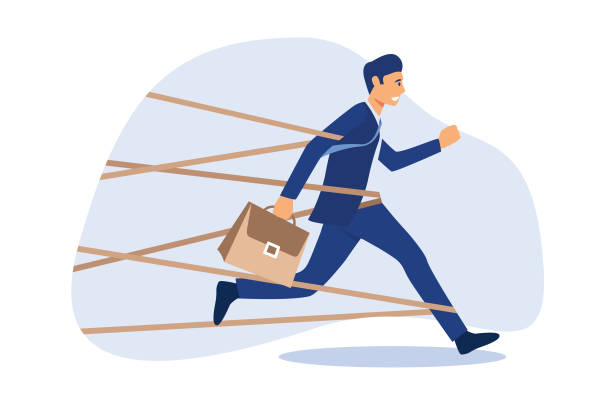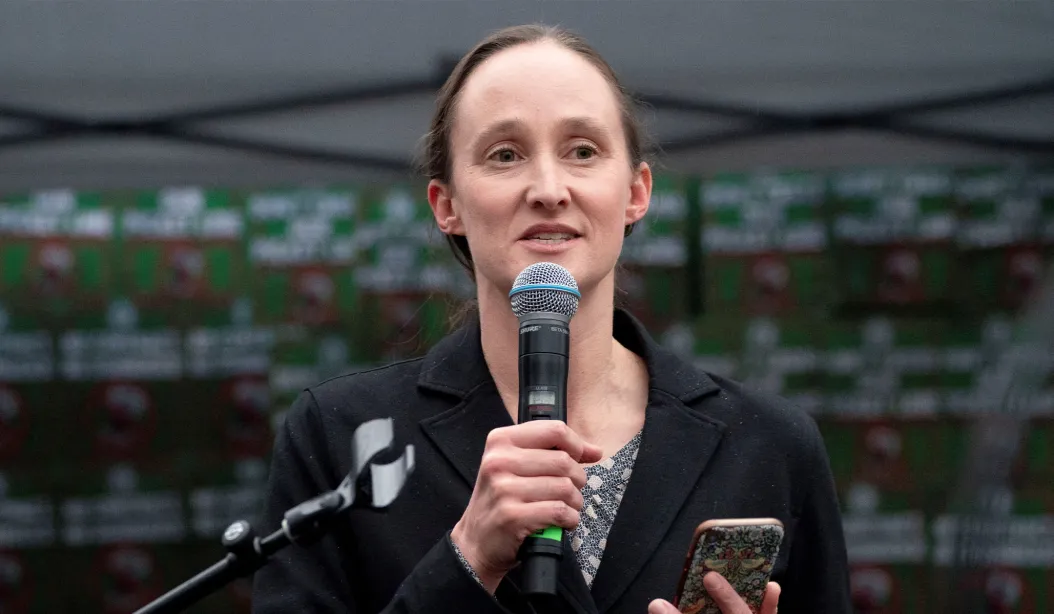Key Findings
- Privatized wholesale distribution and retail sales of liquor in Washington state have reduced state government costs and provided increased government revenue.
- The reform set strict limits on outlets that sell liquor, and those that do must meet requirements set by the state liquor control board.
- Licensing fees are set at 10% of the gross volume of licensee sales for the first 27 months of licensure, 5% afterwards.
- Data shows total alcohol-related accidents have declined even as access has increased.
- Government resources were freed to concentrate on public health and safety laws.
- The new state law maintains current distribution of liquor taxes to local governments and directs a portion of new revenues to public safety programs.
- New taxes have propelled Washington to have the nation’s highest taxes on liquor.
- Lowering the tax rate would help consumers and businesses in WA.
Introduction
Washington has had a history of caution when it comes to regulating the sale of alcohol. In 1914, voters passed Initiative 3, making Washington the 33rd state to pass prohibition of alcohol manufacture and sale, well before passage of the federal 18th amendment to the Constitution which enacted prohibition nationwide.
With the repeal of the 18th amendment in 1933, Washington voters also overturned their state liquor ban, except for the sale of alcohol to minors. Since liquor sales could no longer be banned outright, Washington state created a system by which liquor sales were controlled by the state, creating the State Liquor Control Board in 1934.
All hard liquors were regulated through the state which established the liquor monopoly, using a system of 328 state-owned and contracted liquor stores. Beer and wine could still be purchased widely, but the private sale of hard liquor became illegal.
Voters rejected four previous initiatives to end the state ban and allow private liquor stores: one in 1960, one in 1972, and two in 2010. Finally, in 2011 voters approved Initiative 1183, which dissolved the state monopoly over liquor sales, allowed private sales, and imposed a heavy state tax on all sales of liquor.





